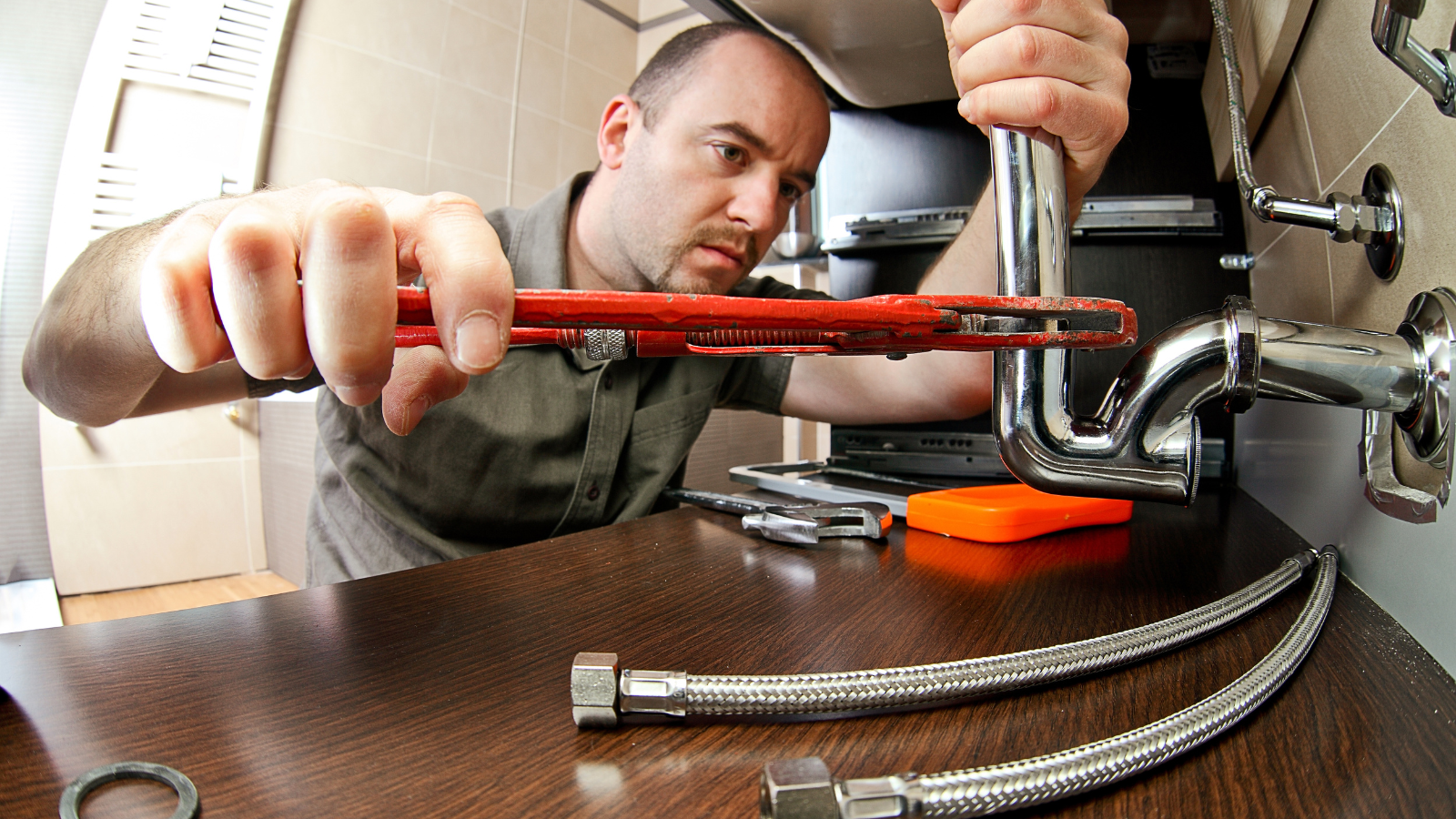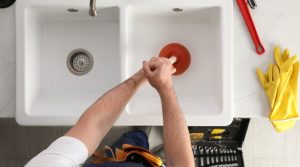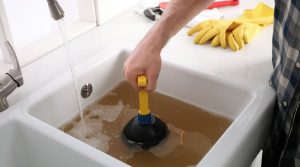Key Takeaway
- Regular seasonal plumbing maintenance is essential to prevent common issues such as frozen pipes in winter and clogged drains in summer. Use the following comprehensive 10-point checklist to ensure All year long, your plumbing system performs effectively.
What is the Most Common Seasonal Plumbing Problem?
Frozen pipes are the most prevalent seasonal plumbing issue, particularly in winter. When temperatures plunge, pipes that are not adequately insulated can freeze, leading to blockages, leaks, or even bursts. These problems can cause extensive water damage to your home and are often costly to repair.
If you’re a smart homeowner in Passaic, NJ, or nearby, trust CBJ Plumbers for all your plumbing needs!
10-Point Seasonal Plumbing Maintenance Checklist
1. Insulate Pipes: Before the arrival of winter, insulate all exposed pipes, focusing on those iin cold places like basements, attics, and garages. Insulating pipes properly keeps them from freezing and maybe breaking during extreme cold spells.
2. Check for Leaks: After winter, thoroughly inspect your pipes and faucets for any leaks. The cold weather can cause small cracks to develop, which might worsen if not addressed promptly.
3. Test the Water Heater: Ensure your water heater is functioning optimally by checking the temperature settings and flushing out any sediment buildup. This is crucial before winter, as the demand for hot water increases during the colder months.
4. Clean Gutters and Downspouts: In the fall, To stop water damage, remove leaves and other debris from gutters and downspouts backup. Blocked gutters can lead to damage from overflowing rain or melting snow, potentially affecting your home’s foundation.
5. Inspect Outdoor Faucets: Before the first frost, disconnect and drain outdoor hoses. This prevents water left in the faucets from freezing and causing potential damage to the faucet itself.
6. Check the Sump Pump: Regularly test your sump pump, especially before heavy rainfall or stormy seasons. Ensuring it’s operational will help it handle increased water flow and prevent basement flooding.
7. Service Your Sewer Line: Spring is a prime time for sewer line clogs due to tree roots and debris. Schedule a professional inspection and cleaning to avoid blockages and potential sewer backups.
8. Inspect Washing Machine Hoses: Examine washing machinehoses for any indications of leaks or fractures, particularly during transitions between seasons when temperature changes can affect rubber components.
9. Run Water in Unused Drains: To prevent debris buildup and unpleasant odors, periodically run water through seldom-used sinks or showers. This is especially important after long periods of disuse, such as during winter or a dry spell.
10. Schedule a Professional Inspection: Regularly schedule a qualified plumber to examine every aspect of your plumbing setup. Early detection of hidden issues can prevent expensive fixes and guarantee the proper operation of your system.
Don’t let plumbing problems disrupt your home!
FAQ
What should I do if my pipes freeze in winter?
Turn off the water supply right away, then get in touch with a plumber. You can gently thaw the pipes using a hairdryer or space heater, but avoid using open flames to prevent further damage.
How often should I inspect my water heater?
Inspect your water heater at least once a year. Check for proper temperature settings, leaks, and sediment buildup, which can affect its efficiency and longevity.
Can tree roots damage my sewer lines?
Yes, tree roots can cause significant blockages in sewer lines, especially in spring. A professional sewer line inspection can identify and prevent severe damage.
Conclusion
Investing time and effort into seasonal plumbing maintenance help save expensive repairs and prolong the lifespan of your plumbing system. By following this 10-point checklist and addressing potential issues like frozen pipes and clogged drains, you can maintain a smoothly functioning plumbing system year-round. Regular upkeep not only protects your home but also provides peace of mind, knowing you’re well-prepared for any weather-related challenges.
Be proactive and stay ahead of potential plumbing problems this season!





